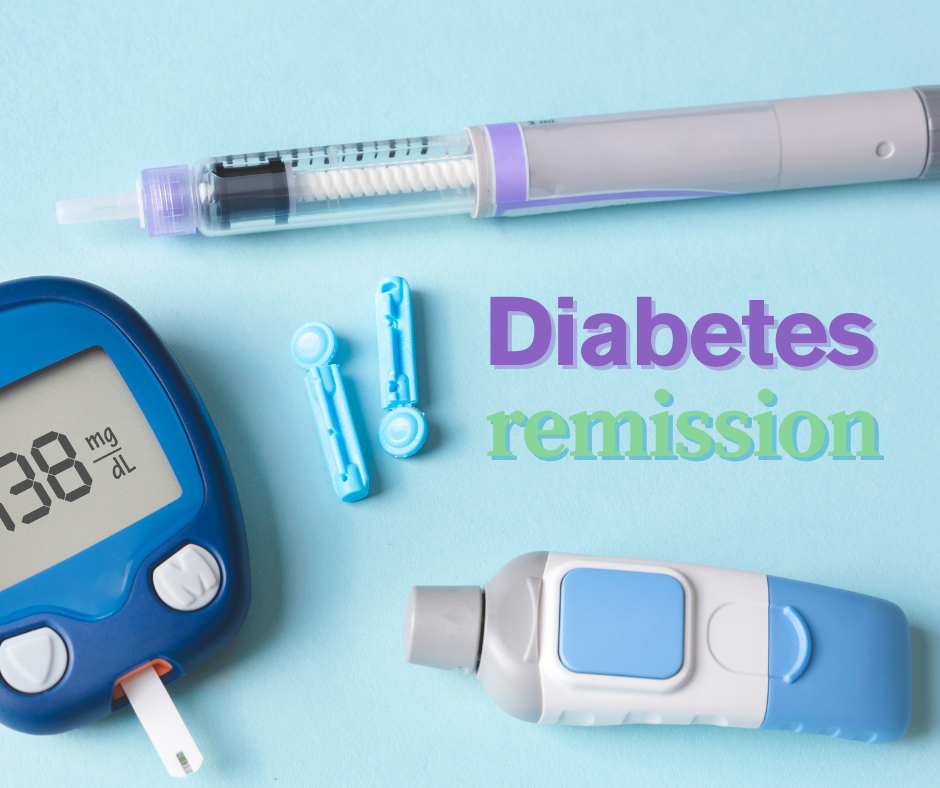Why Bariatric Surgery Outperforms Diabetes Medications
The Impact of Bariatric Surgery on Type 2 Diabetes
One of the most compelling studies supporting bariatric surgery as a diabetes treatment is the STAMPEDE trial (Surgical Therapy and Medications Potentially Eradicate Diabetes Efficiently), published in The New England Journal of Medicine. The trial compared diabetes remission rates between patients undergoing bariatric surgery and those receiving intensive medical therapy. The findings were remarkable — only patients who had bariatric surgery were able to discontinue insulin and other diabetes medications. Those receiving medical therapy alone did not experience the same level of remission.
The STAMPEDE trial and other large-scale studies reinforce the fact that bariatric surgery provides superior long-term blood sugar control, reduced medication dependence, and significant Type 2 Diabetes remission rates.
Why Does Bariatric Surgery Improve Blood Sugar Levels?
Bariatric surgery triggers immediate hormonal and metabolic changes that improve blood sugar control. These changes often occur before any substantial weight loss is achieved. For instance, after surgery, patients experience a natural increase in glucagon-like peptide-1 (GLP-1) — the same hormone targeted by medications like Ozempic and Wegovy. However, bariatric surgery stimulates GLP-1 at much higher and more sustained levels than medications, resulting in greater insulin secretion, reduced insulin resistance, and overall enhanced blood sugar control.
In addition to GLP-1 elevation, bariatric surgery also alters bile acid metabolism and the composition of gut microbiota, both of which contribute to Type 2 Diabetes remission. This multifaceted metabolic effect is unique to bariatric surgery and cannot be replicated by medications alone.
Types of Bariatric Surgery and Their Impact on Diabetes Remission
There are several types of bariatric surgery that effectively treat Type 2 Diabetes, including:
-
Vertical Sleeve Gastrectomy (VSG or “sleeve”): Removes a portion of the stomach to reduce its size and limit food intake.
-
Roux-en-Y Gastric Bypass (RYGB): Creates a small stomach pouch and reroutes the small intestine, leading to changes in gut hormones.
-
Duodenal Switch (SADI-S and BPD/DS): Combines restrictive and malabsorptive components, offering the highest diabetes remission rates.
Among these procedures, the duodenal switch (SADI-S and BPD/DS) is particularly effective for diabetes remission due to its profound impact on metabolic changes and hormone regulation. However, this more intensive surgery requires strict adherence to a vitamin and nutrient supplementation plan.
Why Bariatric Surgery Outperforms Diabetes Medications
Unlike GLP-1 medications or insulin, which must be taken indefinitely to control blood sugar, bariatric surgery provides a lasting solution. By addressing the root cause of insulin resistance and enhancing metabolic function, surgery can lead to long-term diabetes remission. Many patients experience normalized blood sugar levels within weeks of surgery — a result that medications alone cannot achieve.

Are You a Candidate for Bariatric Surgery?
If you are struggling with Type 2 Diabetes and are looking for a lasting solution, bariatric surgery may be your best option. To learn more about how bariatric surgery can resolve diabetes and potentially eliminate the need for medications, schedule a consultation with our experienced bariatric surgeons today



